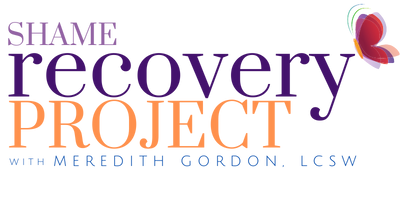Your aging parent is sick and needs help, a lot of caregiving help. You get the news and immediately feel anxiety and, yeah, anger. You may also be relieved that this parent is closer to the end of their life. And aggrieved that they need something you don’t want to give and have no obligation to give.
You get to define what is right. For you.
The decision to “do” something “for” them is not the primary thing of importance. What is is tending to your own emotions first. Tending to your own needs first is what will help you intuitively know what your next step is supposed to be. Only then will you know what is right for you.
(.)
When you were younger you did not have choices. Now you do. When you were younger you were at the mercy of others. Now you are an advocate for you.
You don’t have to respond immediately. You can take the time you need to assess what you want to do—for you. If your needs were not valued when you were young then you will need to remind yourself that you are practicing putting your needs first today.
Others may have opinions, but it is your opinion about what to do with your time and energy that matter. Society—and often the family—seem to want to maintain the status quo. In the case of childhood abuse that might mean the survivor goes along with what everyone else decides. During a crisis (like hearing this parent needs help) may throw you into a certain degree of turmoil. That is because it stirs up the past. Simply realizing this can help by allowing you to separate the past from today. (Old feelings can and do flare up during crisis—it’s natural.)
Try to be okay with letting feelings wash over you. As the poet Rainer Maria Rilke says: “No feeling is final.” Talk things over with someone you trust—a friend or therapist, a neighbor or recovery sponsor, for example, who will not push you to “do” anything but will listen and help you sort through the situation at your own pace.
Trust you will know what is right for you. If it is right for you, it will generally be right for the situation you are facing.
Set limits and boundaries. Explore what that feels like. Do it for who you are today and for the child you were who was unprotected by the adults.
Society—including the family where abuse took place—will often try to suppress the same truth that’s been suppressed for years. It takes courage to stand up to that and to advocate for yourself.
shamerecovery.com
It is difficult enough to care for an aging parent, to watch their deterioration and decompensation. It is hard enough when there was an authentic two-way relationship.
When a parent hurt you as a child or adult, and you were used by that parents, a different kind of pain ensues alongside the pain typically associated when aging parents grow increasingly unwell.
You may love or not love this parent. You may wish you could have had a parent to love. You may wish, rightfully, that this parents had loved and protected you. Parents—even abusive ones—are the child’s primary world. It makes sense that those old unprocessed emotions get stirred up at a time like this.
(.)
Society—including the family where abuse took place—will often try to suppress the same truth that’s been suppressed for years. It takes courage to stand up to that and to advocate for yourself.
Finally, if you are caring for a parent who once molested you, and you’re finding it difficult to endure at the moment, try telling yourself this:
Today I hold the possibility, not only of healing a wound, but growing myself more deeply, fully, and with a new regard for what recovery might mean to me, including things that are as yet unknown to me—aspects of myself that will help me feel more whole and integrated. Today I take care of myself first. I ask for help and get support. I understand that I need not carry the burden alone.
*A word about abuse and mandated reporting: Therapists, physicians, teachers, hospital workers, public health workers, and other professionals in healthcare and mental healthcare environments are mandated reporters of abuse, violence, and other crimes. Many professional organizations including the American Medical Association, American Psychological Association, National Association of Social Workers, etc, have guidelines about reporting.
Photo by Oliver Roos on Unsplash
